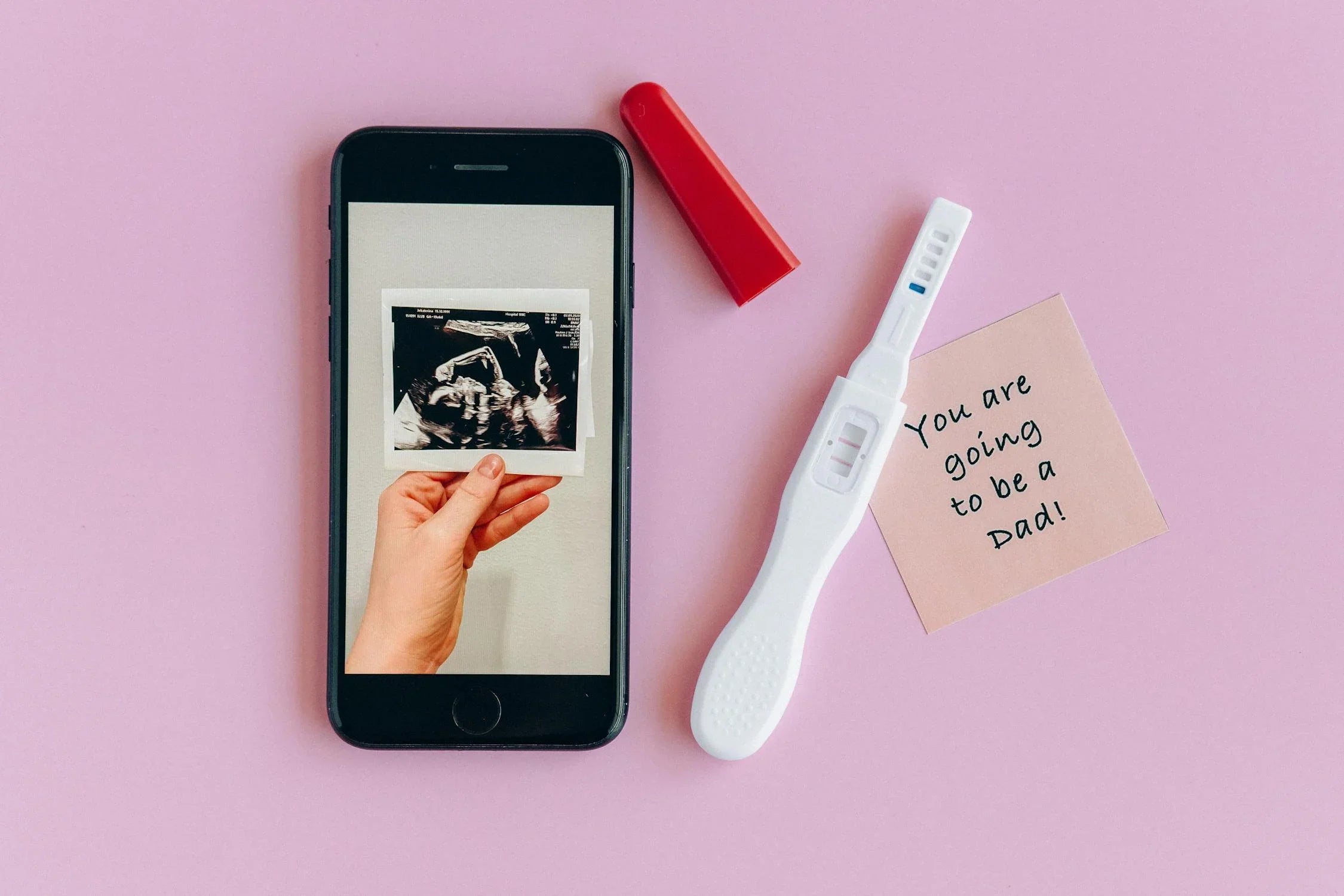Home
Pregnancy, Breastfeeding, and Pumping: The Ultimate Guide for Moms
Is 4 Weeks Too Early for a Pregnancy Test? What You Need to Know

Is 4 Weeks Too Early for a Pregnancy Test? What You Need to Know
Are you wondering if 4 weeks is too early for a pregnancy test? The anticipation of finding out whether you're pregnant can be both exciting and nerve-wracking. Understanding how pregnancy tests work and when to take them can help you get the most accurate results. Let's dive into the details to clear up any confusion.
How Pregnancy Tests Work
Pregnancy tests detect the presence of human chorionic gonadotropin (hCG), a hormone produced by the placenta after a fertilized egg attaches to the uterine lining. This hormone starts to appear in your bloodstream and urine shortly after implantation occurs. Most home pregnancy tests are designed to detect hCG in urine, while blood tests performed by healthcare providers can detect it even earlier.
When Does hCG Become Detectable?
hCG levels typically begin to rise after implantation, which usually occurs 6 to 12 days after ovulation. By the time you miss your period, hCG levels are often high enough to be detected by a home pregnancy test. However, the exact timing can vary depending on factors like the sensitivity of the test and the rate at which your body produces hCG.
Is 4 Weeks Too Early for a Pregnancy Test?
At 4 weeks pregnant, which is around the time of your expected period, many home pregnancy tests can provide accurate results. However, some women may still receive a false negative if their hCG levels are not yet high enough. If you test at 4 weeks and get a negative result but still suspect you might be pregnant, consider waiting a few more days and testing again.
Factors That Affect Test Accuracy
Several factors can influence the accuracy of a pregnancy test, including the timing of the test, the sensitivity of the test, and how well you follow the instructions. Testing first thing in the morning, when your urine is most concentrated, can increase the likelihood of detecting hCG. Additionally, using a highly sensitive test can improve your chances of getting an accurate result early on.
What to Do If You're Unsure
If you're unsure about the results of a home pregnancy test, consider consulting a healthcare provider. They can perform a blood test, which is more sensitive and can detect lower levels of hCG. Additionally, they can provide guidance on next steps and answer any questions you may have about early pregnancy.
Emotional Considerations
Waiting to find out if you're pregnant can be an emotional rollercoaster. It's important to take care of your mental health during this time. Surround yourself with supportive friends or family members, and consider talking to a counselor if you're feeling overwhelmed. Remember, it's okay to feel a mix of emotions, and taking things one step at a time can help you navigate this uncertain period.
When to Seek Medical Advice
If you experience symptoms like severe abdominal pain, heavy bleeding, or dizziness, seek medical advice immediately. These could be signs of a medical condition that requires prompt attention. Even if you're not sure whether you're pregnant, it's better to err on the side of caution and consult a healthcare professional.
So, is 4 weeks too early for a pregnancy test? While many tests can provide accurate results at this stage, it's important to consider factors like test sensitivity and timing. If you're unsure, waiting a few more days or consulting a healthcare provider can help you get the clarity you need. Remember, every woman's body is different, and what works for one person may not work for another. Stay patient, take care of yourself, and trust the process.
Share
